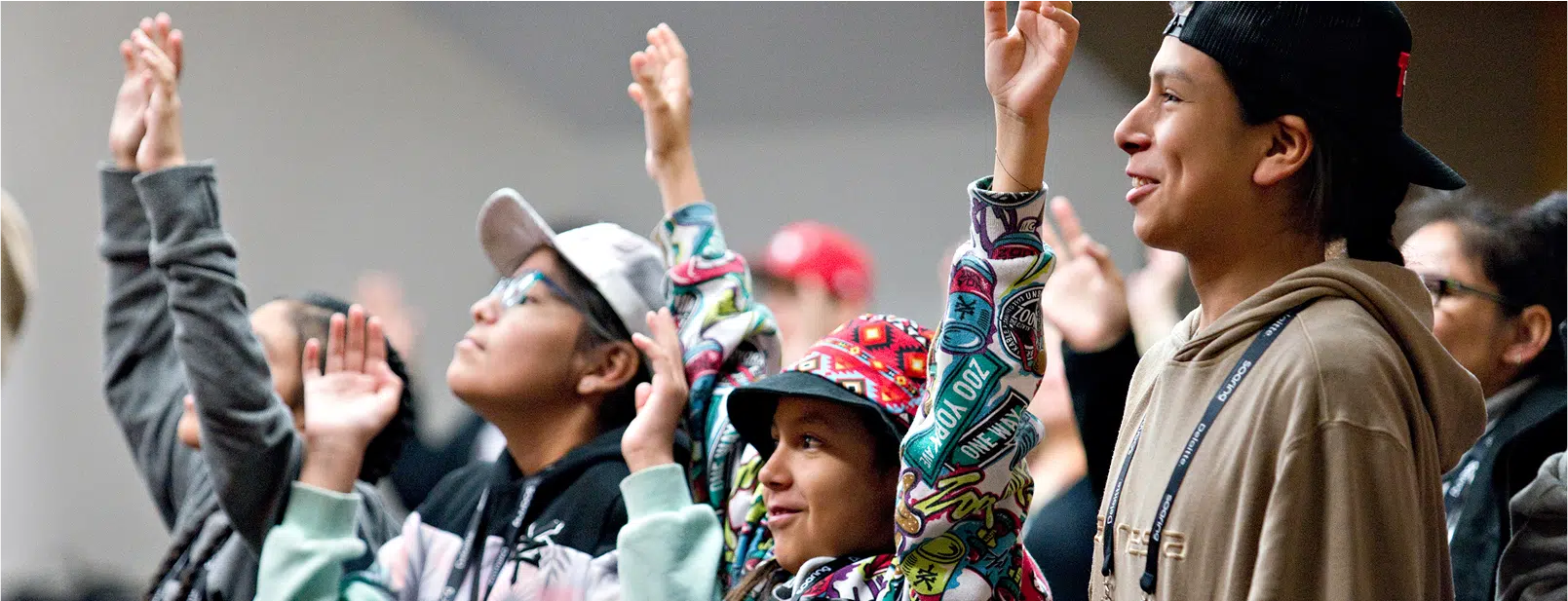Job interviews are crucial stepping stones in your professional journey, often making the difference between an opportunity gained or missed. For Indigenous post-secondary students in Canada, adequately preparing for these interviews is key to standing out and impressing potential employers. Here’s a guide to help you approach your interviews with confidence and poise.
Understanding the Importance of Interviews
Interviews provide a platform for employers to assess your skills, experience, and cultural fit for their organization. They also offer an opportunity for you to gauge if the company aligns with your values and career goals. This two-way street ensures both parties can make an informed decision about their potential working relationship.
Researching the Company
Before an interview, it’s essential to thoroughly research the company. Understanding the company’s values, culture, and operations can help you tailor your responses to align with their objectives. Look for any initiatives they might have regarding Indigenous cultures or diversity, as this can help you understand their stance on inclusivity and potentially form part of your interview discussion.
Analyzing the Job Description
Pay close attention to the job description. Highlight key skills, qualifications, and responsibilities mentioned and prepare examples of how you’ve demonstrated these in the past. This not only shows that you understand the role but also that you possess the required skills and experience.
Practicing Common Interview Questions
While every interview is unique, some questions are commonly asked. Practice responses to questions like “Tell me about yourself,” “Why do you want this job?” or “Describe a challenge you’ve overcome.” Remember to incorporate the STAR method (Situation, Task, Action, Result) to structure your answers effectively.
- Situation: The candidate describes a situation where they demonstrated the skill in question, such as resolving a team conflict. They provide only the most relevant details that offer context about the situation.
- Task: The candidate outlines their role in the situation, highlighting the level of responsibility they held. For example, they might define the task set for them, such as meeting a deadline.
- Action: The candidate explains the steps they took to complete the task or overcome a challenge. They highlight specific skills they used, often relevant to the job opening or the employer’s question.
- Result: The candidate describes the outcome of their actions, whether they achieved or learned something. An effective answer includes quantifiable data when possible and shows how the candidate contributed to those results.
Preparing for Cultural Discussions
As an Indigenous student, you might choose to discuss your cultural background during your interview. Reflect on how your Indigenous heritage has shaped your values, skills, or perspectives. However, only share what you’re comfortable with – it’s your choice how much of your cultural background you want to discuss.
Dressing Appropriately
First impressions matter, and dressing appropriately is part of that. Research the company’s dress code and choose an outfit that aligns with it. If in doubt, it’s better to be slightly overdressed than underdressed.
Asking Questions
An interview is not just for employers to ask questions; it’s also a chance for you to learn more about the role and the company. Prepare insightful questions that demonstrate your interest in the job and the company culture. For instance, you could ask about opportunities for professional development or how the company supports diversity and inclusion.
Practicing Interview Etiquette
Politeness and good manners can leave a lasting positive impression. Remember to greet your interviewers politely, maintain good eye contact, and avoid interrupting. After the interview, sending a thank-you email can demonstrate your professionalism and appreciation for the opportunity.
Using University Resources
Many universities, colleges, and trades schools offer career services, including mock interviews, workshops, and one-on-one career advising. And they’re often free! Utilize these resources to get professional feedback on your interview skills and improve them accordingly.
Mindset and Confidence
A positive mindset can make a significant difference in your performance. Visualize success, use positive affirmations, and believe in your abilities. Confidence in yourself can help you stay calm and focused during the interview.
In conclusion, preparing for an interview is about showcasing your skills, experiences, and fit for the role and company. For Indigenous university students in Canada, it’s also an opportunity to highlight your unique cultural perspective and how it adds value to your professional persona. So, put in the effort, prepare thoroughly, and walk into your interviews with the confidence that you are a strong candidate who brings valuable diversity and experience to the table.


